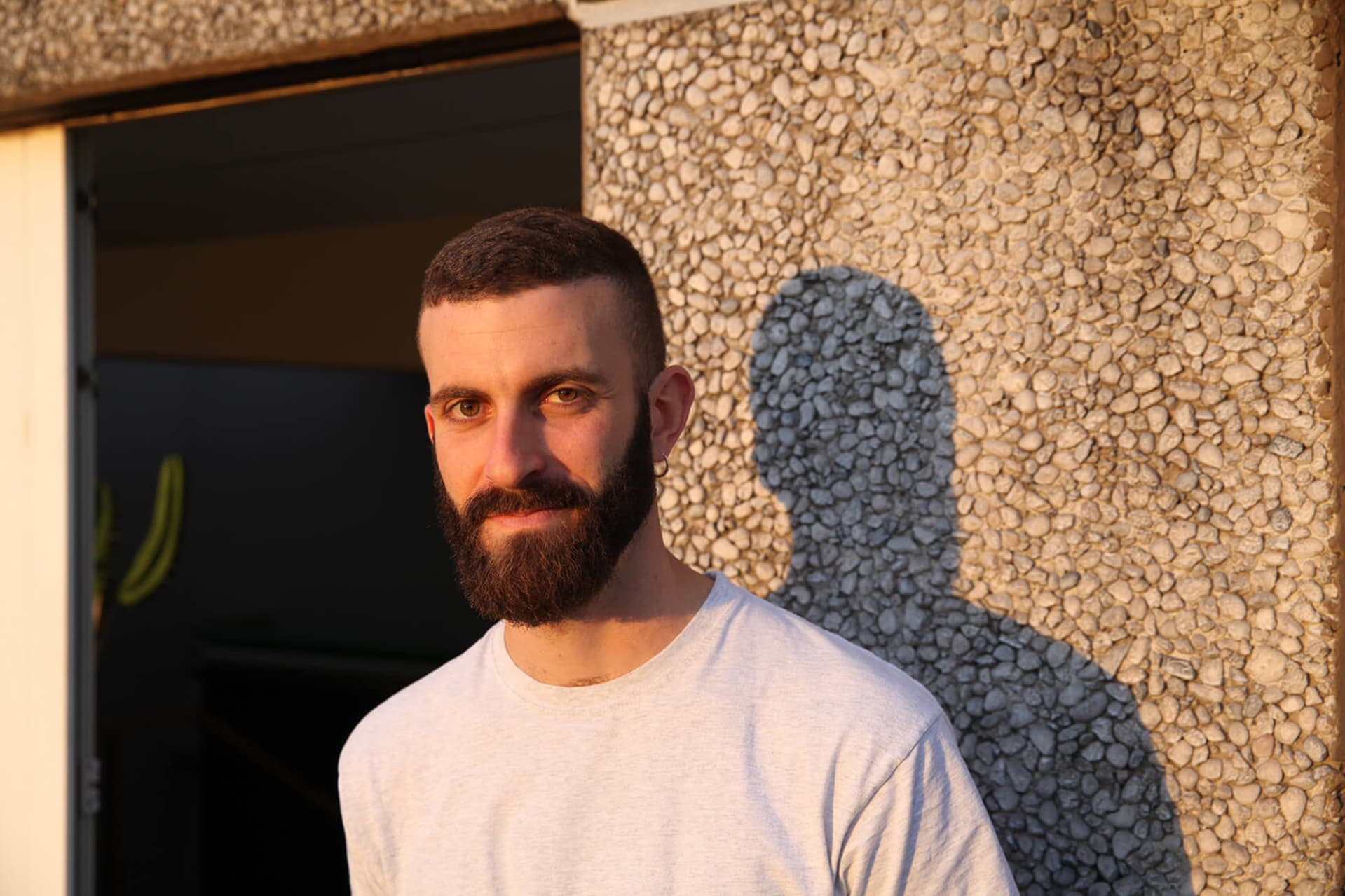
Panorama Bar DJ Roi Perez On Being A DJ Who’s Not A Producer
When I started DJing, I never thought about where it would lead me. I simply loved playing music. I was immediately fascinated by the idea of being able to produce my own tracks as well, but I had no real understanding about what it takes to be a producer. I was curious, pretty young at the time and quite naive. So I bought a pair of monitors and Logic Pro and enrolled in a course for music production, but after a while I realized that it was not my space. I found that I don’t feel comfortable sitting in a studio for hours on end. That’s not really the way I connect with music.
At the same time, the more I got into DJing, the more I realized that it’s a whole world in and of itself. I was sucked into that world, and it didn’t really leave much time for me to focus on anything else. Since then, the different aspects of it basically consume 100 percent of my time.
I don’t produce my own edits, either—or even use the loop function on the CDJs, for that matter. My approach to DJing is pretty pure in the sense that I want to let the music play. I am aware of the possibilities and power that comes with producing your own edits—for instance, you can streamline and perfect tracks for your own sets. But I’m not looking for perfection when I DJ. I don’t want to edit someone else’s creation in order to fit it better into my sets. I’m more concerned with other questions, like: What do I want express with the music? How does that translate into my flow? And how do I connect and communicate with the people on the dance floor?
That being said, I admire people who are able to make music and express themselves as musicians through their music. It moves me. And their records enable me to do what I love. I am a dancer at heart. I like the dance floor as much as the DJ booth. You could say that I approach DJing with the understanding of a dancer.
Deep inside, I maybe sometimes think that it would be really amazing if I could create my own music, but I enjoy the craft of playing records so much that I don’t want to do anything else. I’m constantly refining my technique and constantly learning. I play at home a lot, too, and I go through my records all the time. To me, DJing and all the things connected to it, like digging for records in different ways, has a therapeutic effect. I can’t not play music for very long.
I get that DJs today feel the need to produce their own records so they have something people can talk about and something they can promote themselves with. I understand that dynamic. But it’s not for me. It doesn’t motivate me. As much as my initial fascination related to both DJing and production, I came to realize that they are very different art forms. There is the saying that a good DJ isn’t necessarily a good producer, and vice versa. Even if it is a bit of a cliché, I subscribe to it.
Among other residencies, I’ve been a resident at Panorama Bar for one year, and I’ve been playing the club for three. It’s a great place to present my musical vision. And it’s a club that allows their resident DJs to be first and foremost just that: DJs. Take Tama Sumo or Boris, for instance: when I joined the agency, they asked me if I was going to start producing, too. I replied that I would like to dedicate myself to DJing for the time being, and that I don’t really see myself diverting that focus to production any time soon. They accepted that, and we’ve never talked about it again.
So what does it ultimately mean to focus entirely on listening closely to other people’s records? It means gaining a deeper knowledge of the musical decisions that they’ve made and how these translate both on the dance floor and within the larger narrative of my set. It means understanding the endless ways to make connections across rhythms and genres and shedding new light on a record by playing it within the context of two others. You can hear a song completely differently when it’s blended, introduced, followed or interspersed by an unlikely choice, like when rhythmic shifts are created within a track by introducing new elements. Some of the best DJs can make you hear a track that you think you know well for the first time. Within each of these avenues, there’s an enormous creative potential that can be explored. Being a DJ and not producing is not about being modest or lacking confidence, but about being obsessed with music in a different way.
Roi Perez will play our Telekom Electronic Beats Clubnight at Mauke in Wuppertal this Saturday, October 7. Find more information here.
Read more: Get a lesson on how to tour with your vinyl from a veteran DJ
Published October 05, 2017.
